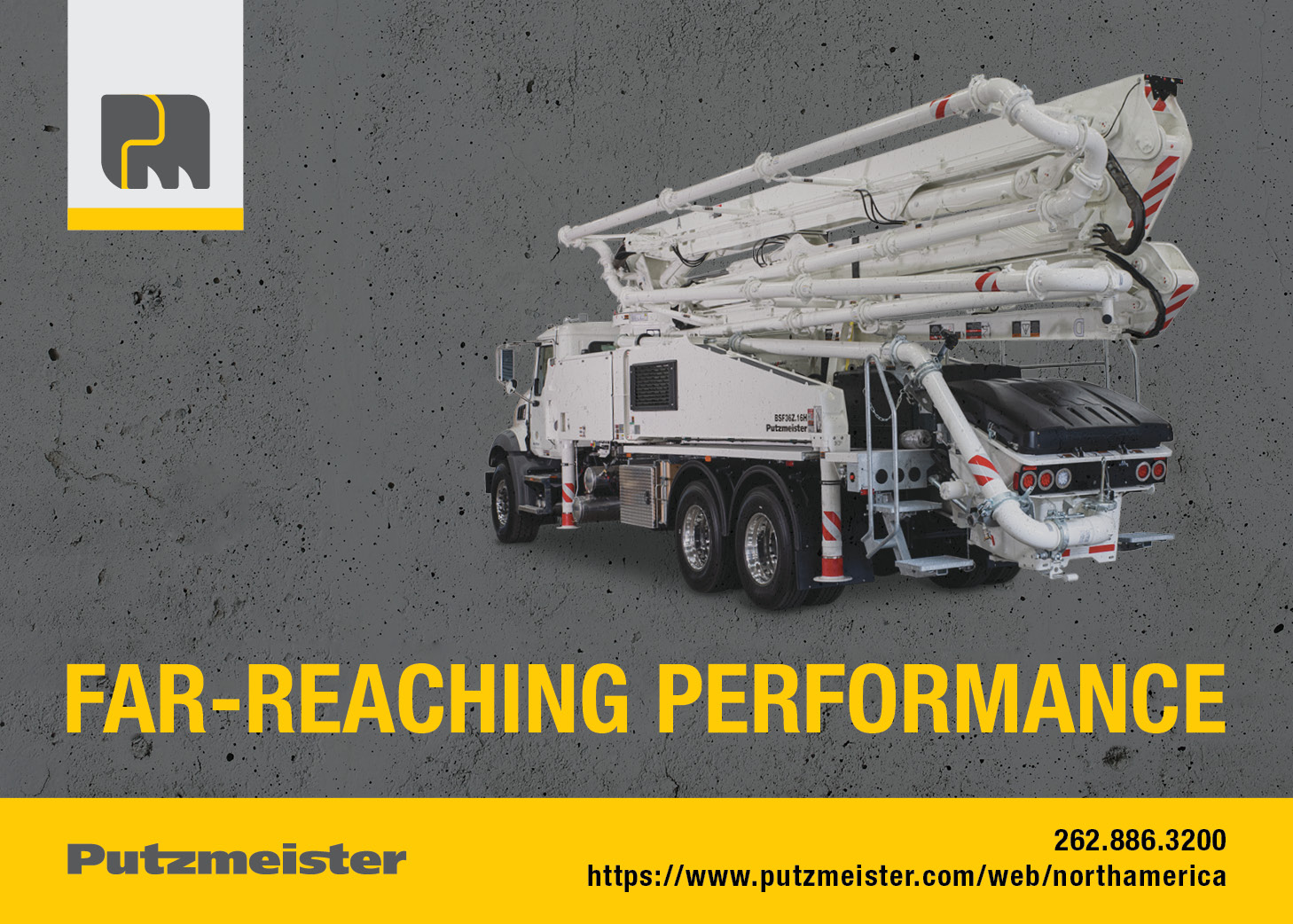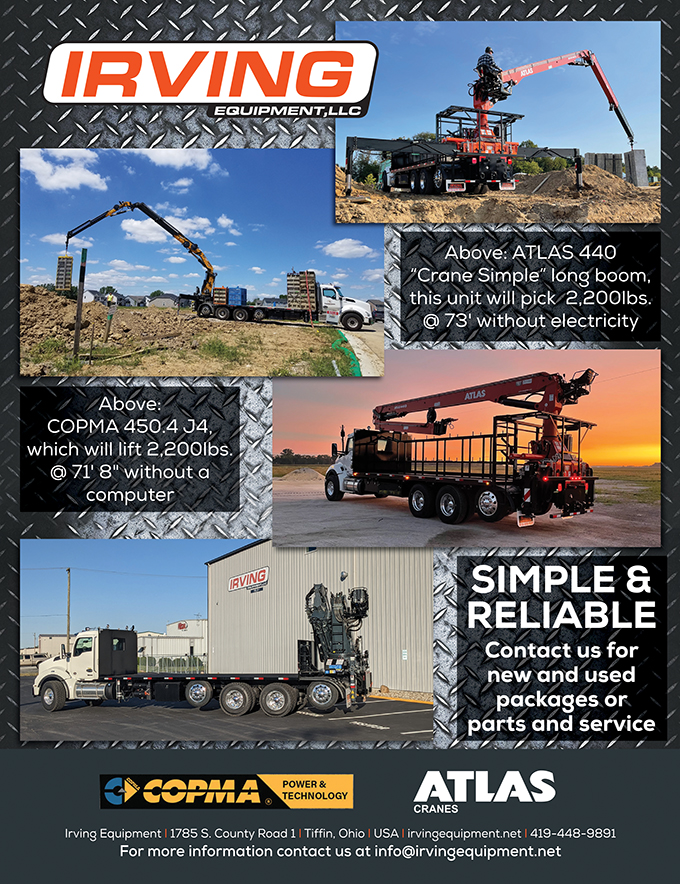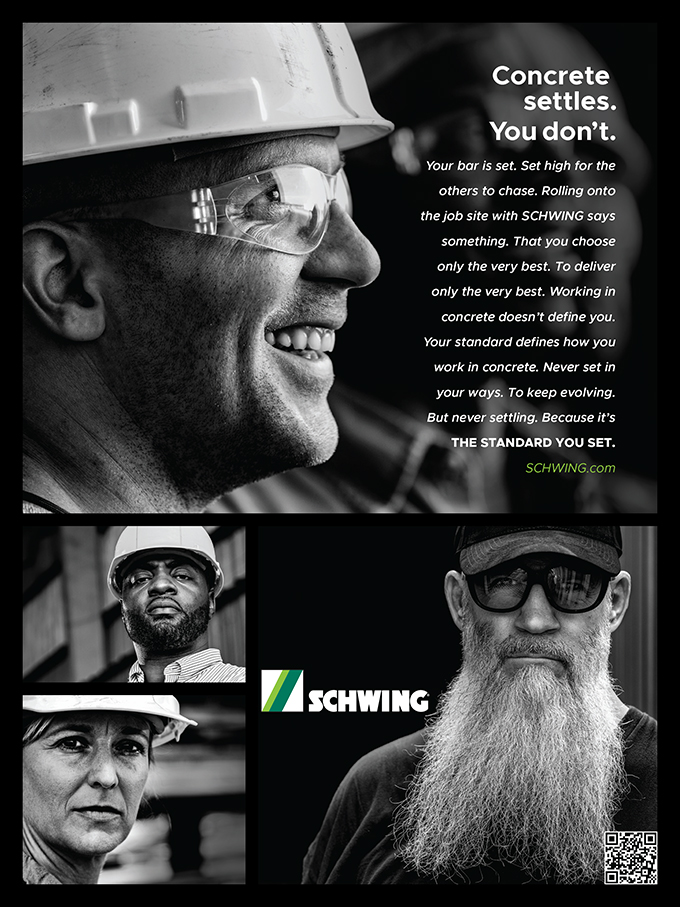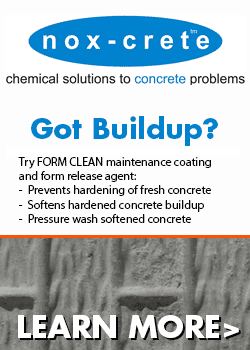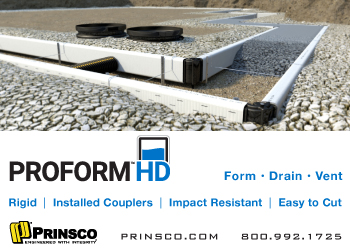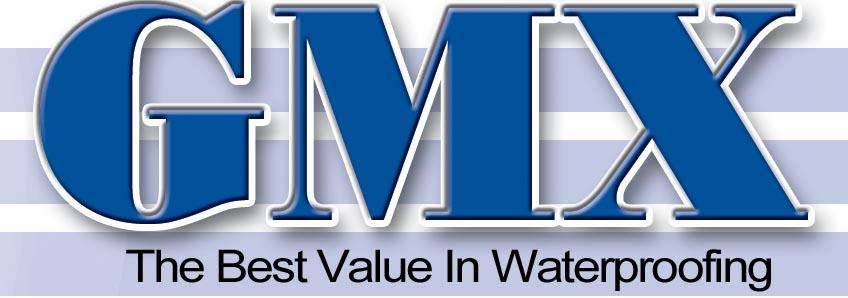Should You Hire A Salesperson?
Ask Yourself These Five Questions to Determine if One is Right for Your Company
For concrete contractors, there are few things that can bring in new work like a salesperson. In our line of work, most sales are still made by good old-fashioned, face-to-face selling. The right salesperson can grow your sales and increase your profits.
When I talk with concrete contractors around the country the topic of salespeople often comes up. They’ll ask, “How do I determine when the time is right to hire one?” And, “What’s the best way to pay a salesperson?” When determining if you should hire a salesperson, there are five questions you should ask yourself:
1. Is there work in my market that we could get by hiring a salesperson?
Do you see projects going up that you never got a chance to bid? Is the market growing while you seem to be losing market share? If a new salesperson concentrated on ten key accounts that are likely underserved by your competition, could you pick up six of them? If you answer “yes” to these types of questions, then a salesperson may make sense for you.
2. How will we pay a salesperson?
There are two ways to structure the compensation for a salesperson. The first is to pay them straight commission-only. This means they only get paid when they close a deal. The typical commission rate is between 7% and 10% of the project invoice. They would cover all of their expenses such as vehicle expense and gas. It is not common to find someone that will work on a commission-only basis.
The advantage of this method is that you only pay them when they bring in a project. The disadvantages are the high commission payout and you have less control over their day-to-day activities.
The second way to structure compensation is to pay the salesperson a base salary along with a commission for every sale. The commission rate is less than that of a commission-only salesperson. The base salary is relatively low, which compels them to continue to prospect for more work to get the commission pay in addition to their base salary.
For a salary plus commission salesperson you will also have a vehicle expense. This would either be a mileage reimbursement for the miles they put on their personal vehicle, or, you will provide them with a vehicle and pay for their gas and maintenance. Those expenses have to be included in your calculations.
The advantage of the salary plus commission method is that you have daily control over what they do and what prospects they target. The disadvantage is that you have to cover their expenses until they start to bring in a lot of sales.
One thing to consider when structuring your compensation plan is the salesperson’s involvement in managing the projects that they bring in. Will they simply hand the new project off to a project manager? Or, will they be required to manage the customer and/or the project throughout the entire process?
Whichever option you choose, be sure that their commission is paid after you get paid from the customer. You are paying them for bringing in paying customers, not deadbeats. Finally, check with your attorney to ensure your compensation complies with labor laws.
3. Can we afford a salesperson?
This can be the hardest question for you to answer. Analyze your financial statements and job cost reports. Then, get a feel for what the salesperson’s compensation package may look like.
Do your current sales cover your overhead expenses and produce a net profit? If so, then the gross profit brought on by a salesperson – minus their compensation – would go directly to the bottom line if you can you perform the additional work without adding to your overhead expense.
When the salesperson brings in a lot of work, then you will likely add office staff, trucks, forms or other equipment to handle the additional work. While it will add to your company overhead, it may not increase your overhead as a percentage of sales (overhead ratio).
Typically, a good salesperson will bring in sales that will require a small increase in overhead expense. Your new overhead ratio will often be less than your original overhead ratio, which is good. When your overhead ratio is lower, your profit ratio is higher.
In rare cases, hiring a salesperson would require you to make substantial equipment purchases and add a lot of office staff. This could severely affect cash flow and you may determine that it doesn’t make sense to hire a salesperson at that time.
There can be intangible benefits of more sales. Will the additional work allow you to retain good laborers instead of losing them during traditional soft spots in your schedule? Will you be able to utilize your concrete pump on more jobs? Will your waterproofing crew finally be busy with their current spray rig? It’s hard to place a financial number on these intangibles.
4. Can we cover expenses until the salesperson starts bringing in new business?
If you find a commission-only salesperson, then you don’t have to worry about covering the expenses until they make a sale. If you are considering hiring a salary plus commission salesperson, then you will have to cover their expenses until they bring in sales.
Once you have determined what you may pay a salary plus commission salesperson, ask yourself if you can cover the salesperson’s expenses once a month for five months. I don’t mean have five months’ reserve set aside. I mean can you come up with the salesperson’s salary and other expenses each month for five consecutive months? Concrete contractors are resilient, and we tend to find the money when we need it. You should see sales come in before the fifth month, so your goal should be to cover all expenses until then.
The speed at which a new salesperson will bring in new business varies greatly. For example, at my family’s concrete construction business, we’ve had a salesman bring in new business within the first two weeks. And, we’ve had a salesman that brought in very little for the first nine months before he was let go.
The salespeople that have early success seem to get it for these reasons: 55% comes from their existing network of contacts, 35% comes from relentless, fearless prospecting, and 10% comes from luck and good timing. (Tip: Look for a go-getter with a big rolodex and loads of self-confidence.)
In certain cases, it is faster to “buy” the work by hiring a salesperson with a lot of key contacts in your market. You are hiring their network more than their ability to call on cold prospects. In fact, these salespeople may not be especially good at cold-calling, but they have a big network that will use them. You may have to pay this type of salesperson more money to join your company.
One thing to consider is that this type of salesperson’s sales may plateau after they’ve gotten their network to use your company. Nevertheless, if they can bring in a lot of work quickly, it can often be worth it. The alternative may be that you bring on a newbie salesperson at a cheaper rate, but it takes them eight months to finally hit their stride and bring in sales. Many contractors don’t have the wherewithal to carry a salesperson that long.
5. Are we equipped to handle the additional work that may come to us?
What parts of your organization will be affected by an increase in sales? Will you need an additional estimator to handle the increase in bids? Will you need to buy more trucks or forms in order to get the work completed? Can you get enough skilled labor to do the additional work? Will the additional work allow you to fully utilize the manpower and equipment you already have on hand?
The additional work that comes from an effective salesperson has a snowball effect in your company. Be sure you anticipate any bottlenecks or problems that may come up from the added work.
A great salesperson can be a game changer for your business. When you ask yourself these five questions and really work through your answers, you’ll be on your way to determining if one is right for you.
About the Author:

Doug Herbert is President of Herbert Construction Co., one of the largest residential concrete contractors in the southeast. Doug is a regular presenter for the CFA and World of Concrete. He is founder of ProfitableContractor.com where he shows concrete contractors how to reduce their costs and increase their profits with effective sales and marketing systems. You can reach Doug by email at Doug@ProfitableContractor.com
